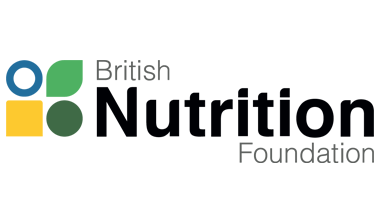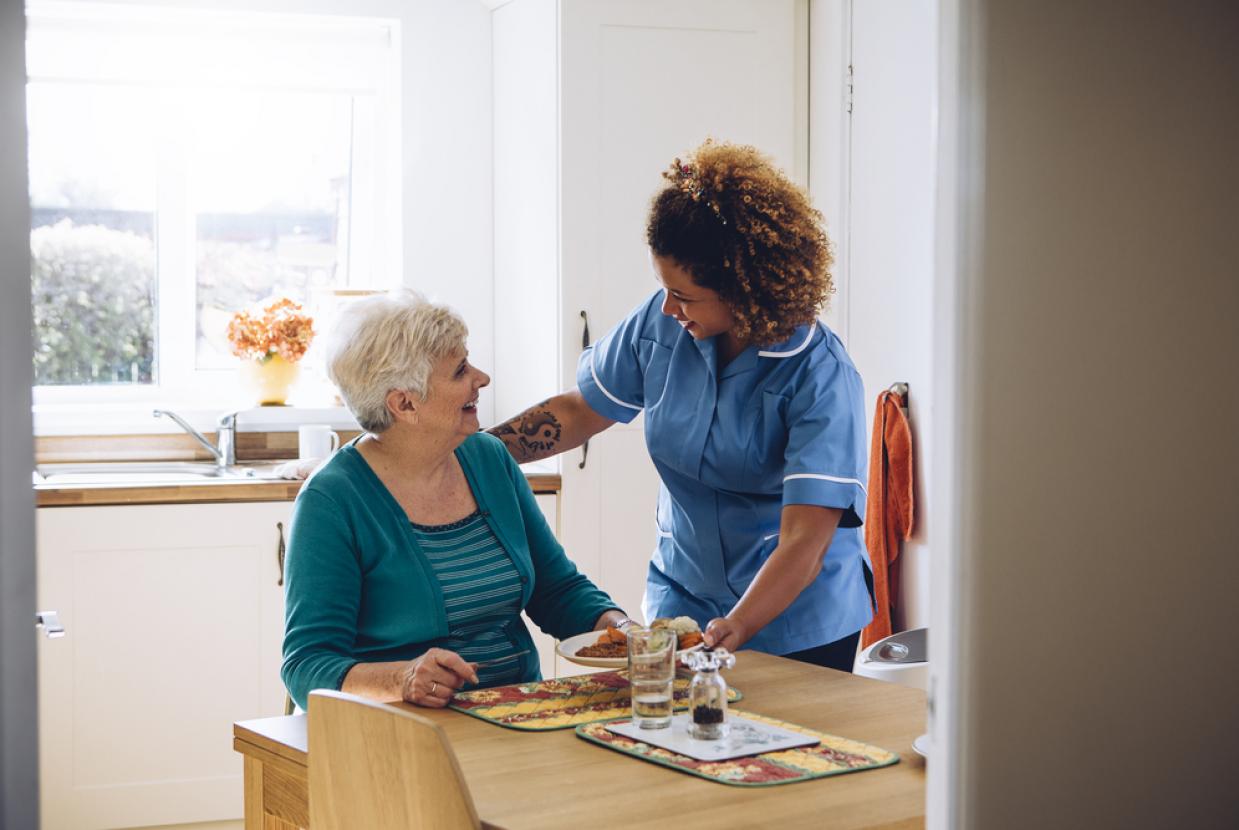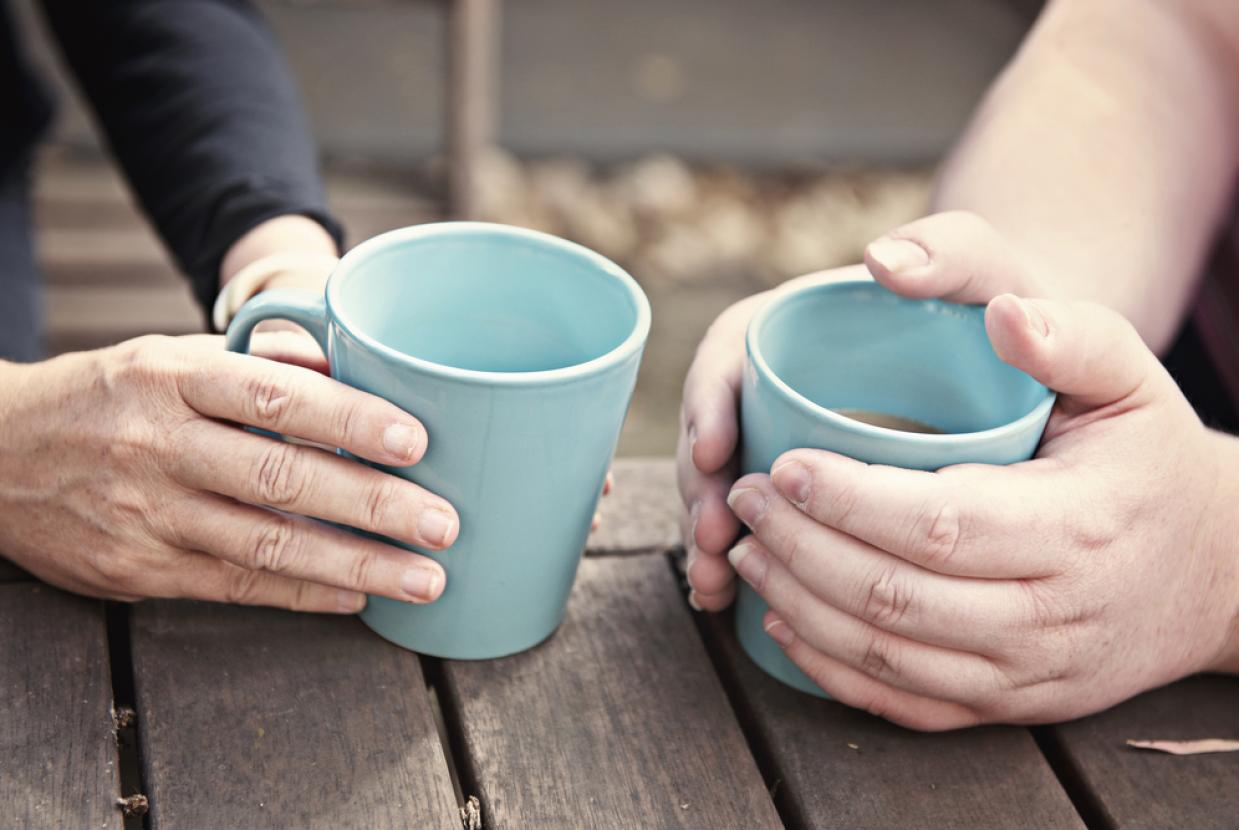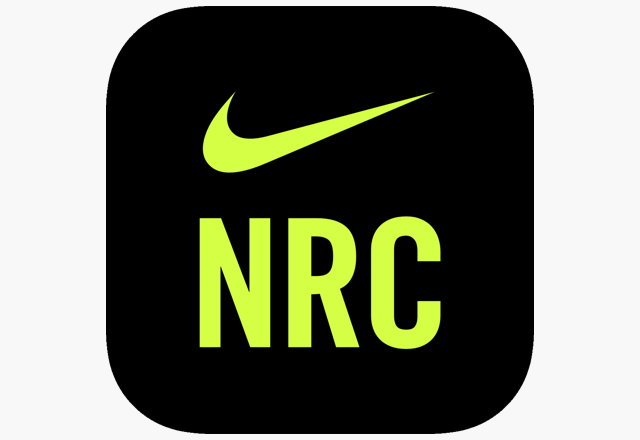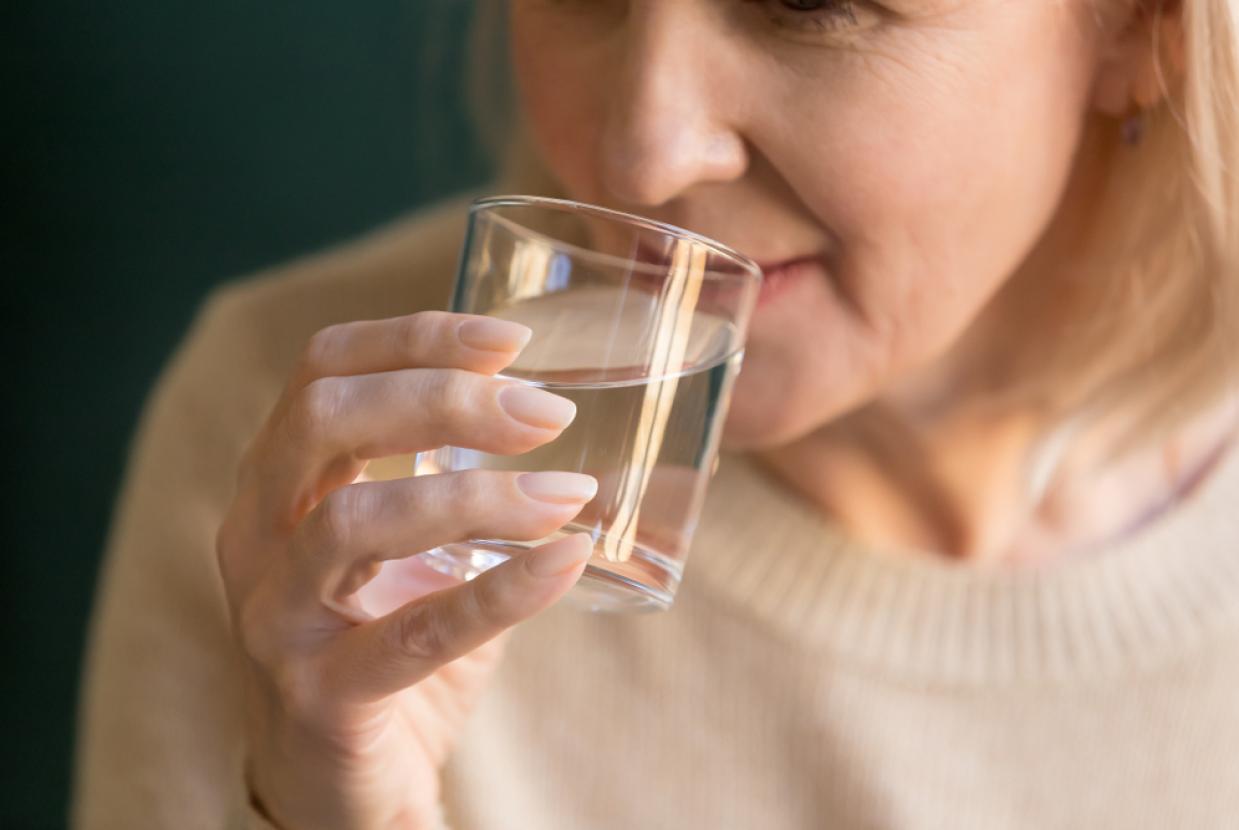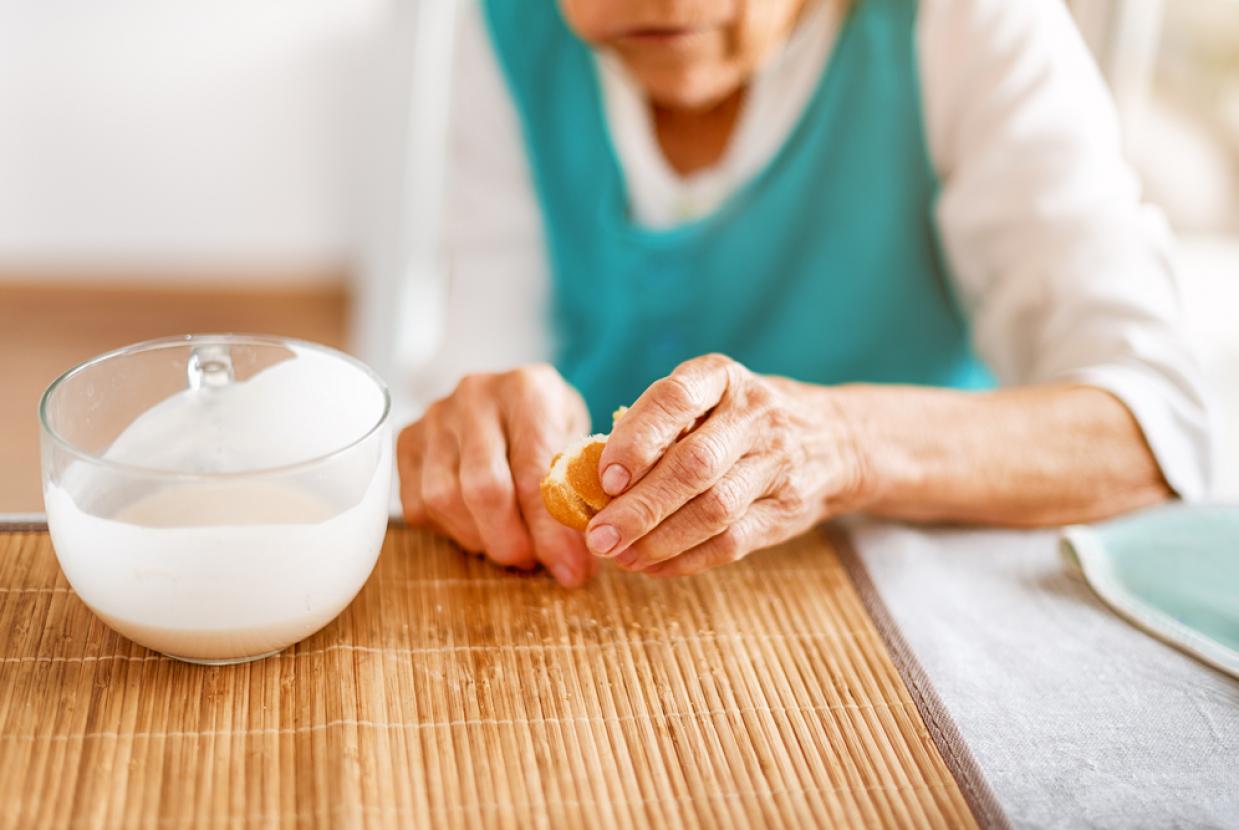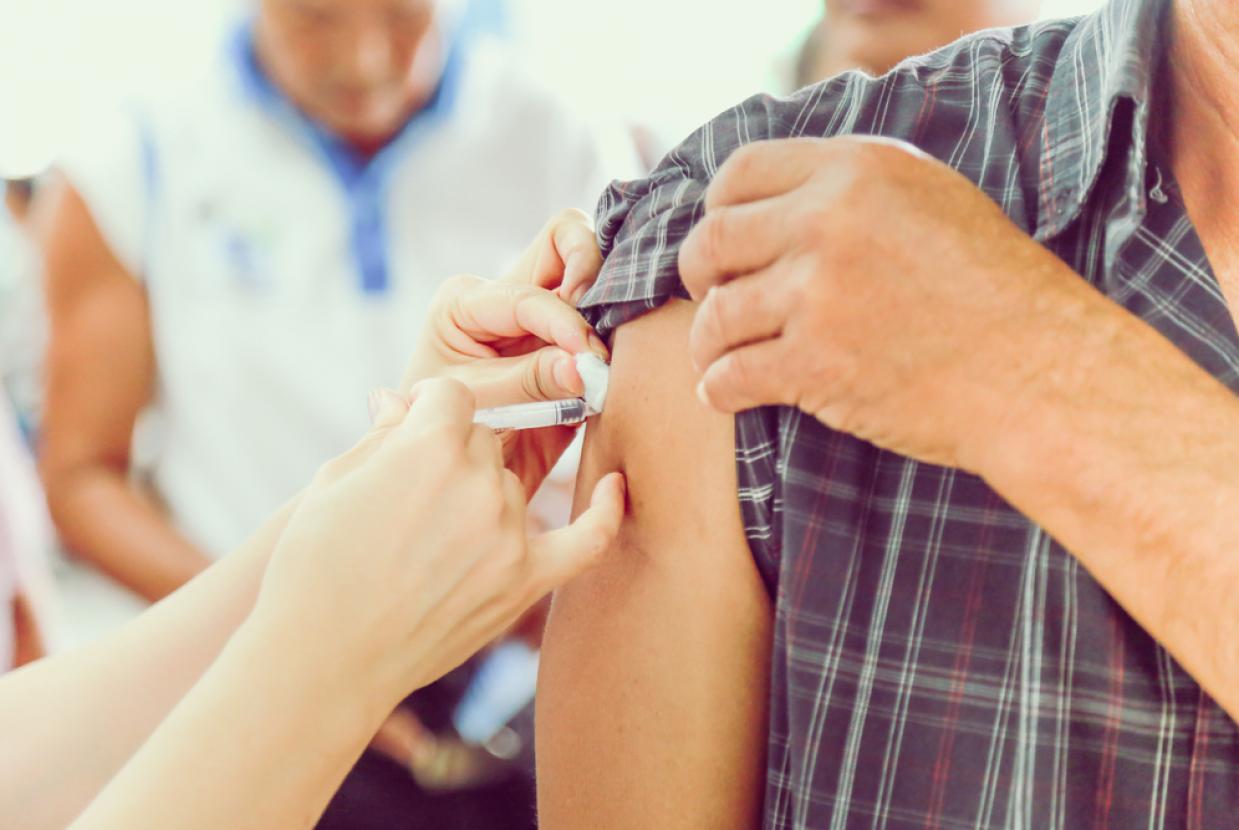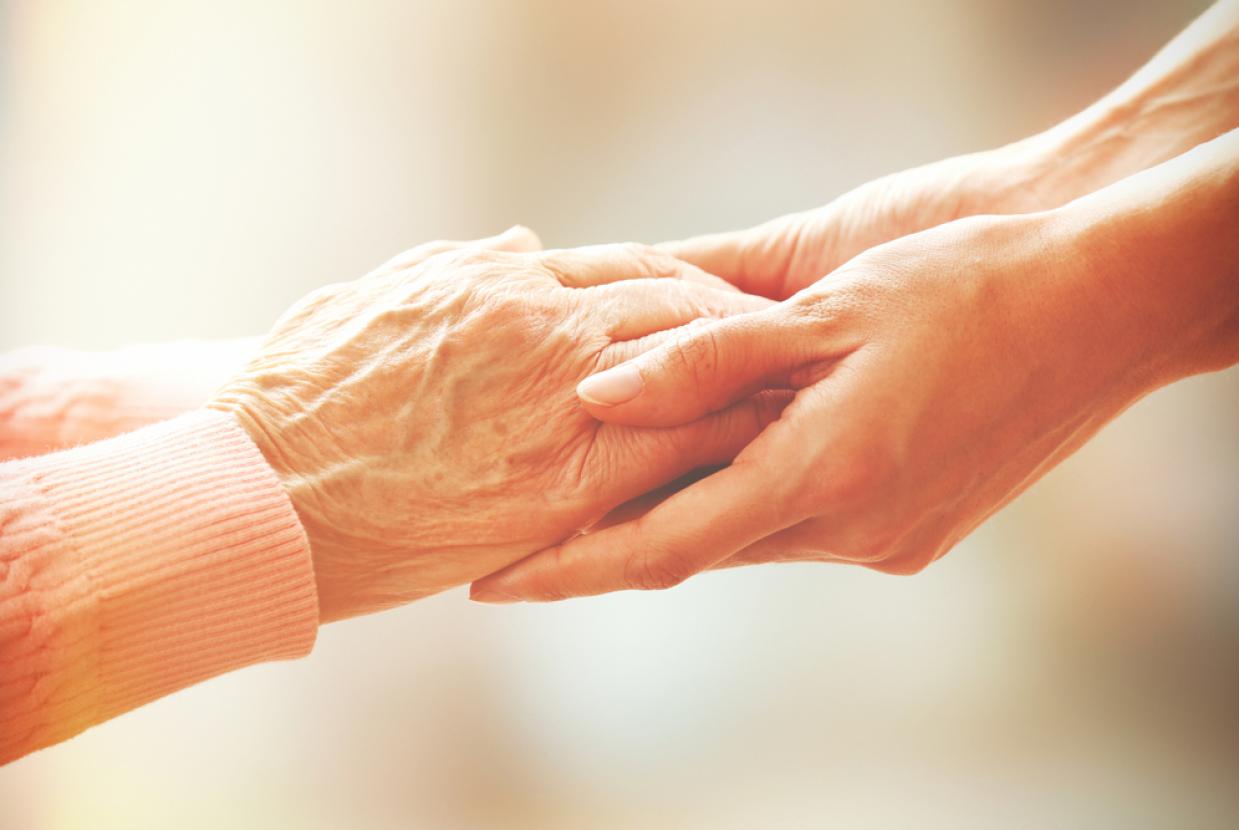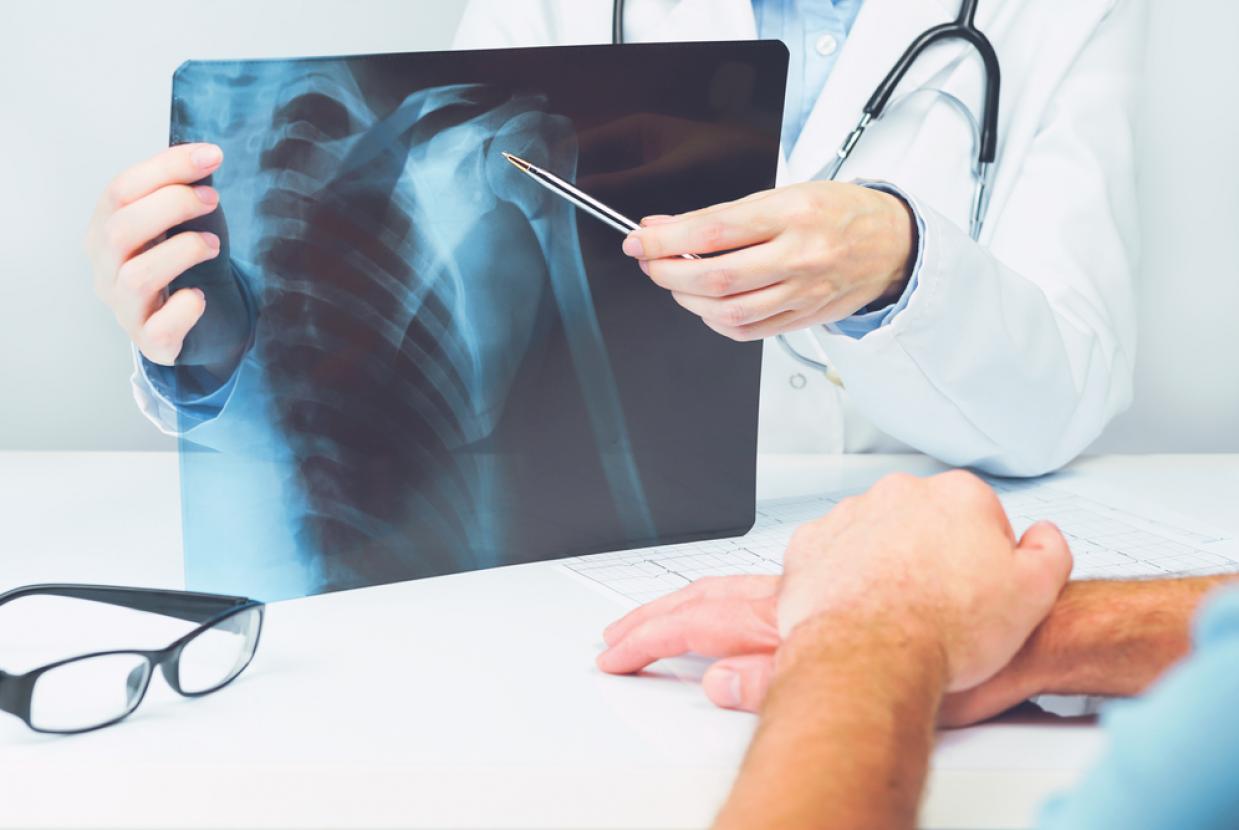Diet & Healthy Ageing
All adults need a varied and balanced diet to ensure we get enough essential vitamins and minerals. We also need to make healthy choices when it comes to our lifestyles.
As we age, there are some elements of diet, nutrition and lifestyle we may need to change or pay more attention to. It is also common to become less interested in food. You may find that you are less hungry than you used to be, so it can be harder to get all the nutrients needed for good health.
Eat plenty of fruit and vegetables
Fruit and vegetables contain many vitamins and minerals essential for good health. They are also generally low in fat and high in fibre. Many studies have shown that people who consume diets high in fruit and vegetables have a lower risk of heart disease, stroke, diabetes and some forms of cancer.
We should all be aiming for at least 5 portions of fruit and vegetables each day. This includes fresh, frozen, dried and canned fruit and vegetables, as well as smoothies and 100% fruit juices.
Beans and pulses
Beans and pulses, such as kidney beans, chickpeas, lentils and baked beans, can also count towards your 5 A DAY target
One portion is about 80g.
Choose healthier fats
There are two main kinds of fat: saturated and unsaturated. Eating a diet rich in saturated fat can raise your blood cholesterol level and increase your risk of heart disease. Reducing saturated fat and replacing some of it with unsaturated fat can reduce your risk of heart disease..
Butter, lard, ghee, palm oil and coconut oil contain a high proportion of saturated fat. Other foods with a relatively high saturated fat content include cakes, chocolate, biscuits, pies and pastries. The white fat you see on red meat and underneath poultry skin is also high in saturated fat.
Vegetable oils (such as rapeseed, olive, sunflower, soya, sesame oils) and fat spreads made from these oils are a healthier alternative to saturated fats. These are high in unsaturated fatty acids. Oily fish, including mackerel, sardines, pilchards and salmon, contain unsaturated fats called omega-3 fats, which can also help heart health.
Include oily fish in your diet
All fish and shellfish provide us with a range of vitamins and minerals, but oily fish, such as herring, salmon and mackerel, are rich in omega-3 fats which may help protect against heart disease. For this reason, we are advised to eat at least two portions (140g cooked weight) of fish a week, one of which should be oily fish.
There is currently a lot of interest in the role of these fats on many other age-related conditions. For example, some research suggests they may help to alleviate some of the symptoms of rheumatoid arthritis. But because oily fish can contain contaminants you should not eat more than four portions per week (or one portion of swordfish as this may be high in mercury).
For more information on fish read this page on fish and shellfish from the NHS.
Supplements should not replace a healthy diet
There are some people that will be prescribed supplements, for example iron supplements for iron deficiency anaemia. Some people choose to take other supplements because they believe they will benefit their health, but we don’t have strong evidence that taking supplements benefits our health.
If you do decide to take supplements, it’s important to remember that supplements do not replace a balanced diet! It is also important to remember that supplements can be harmful if you take too much, so don’t take more than it says on the label.
For example, according to some research, having more than an average of 1.5mg a day of vitamin A over many years may affect your bones, making them more likely to fracture. This is important for older people, especially women, who are at higher risk of osteoporosis (weak bones). If you take supplements containing vitamin A, make sure your daily intake from food and supplements is not more than 1.5 mg (1,500 µg). You often find vitamin A in multivitamins and in fish oil supplements. Also if you eat liver or liver pate more than once a week, you may get too much vitamin A.



